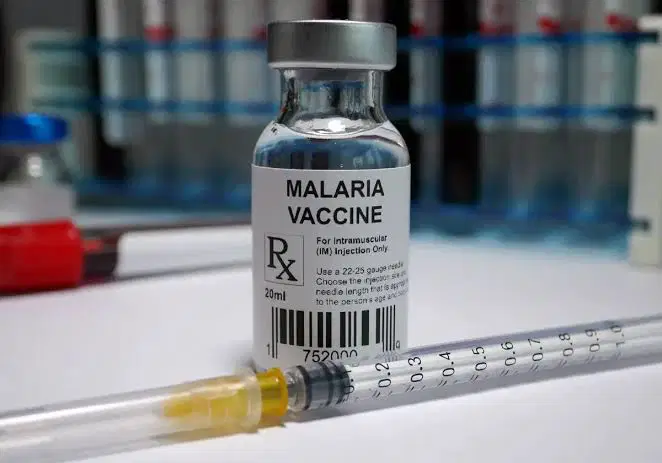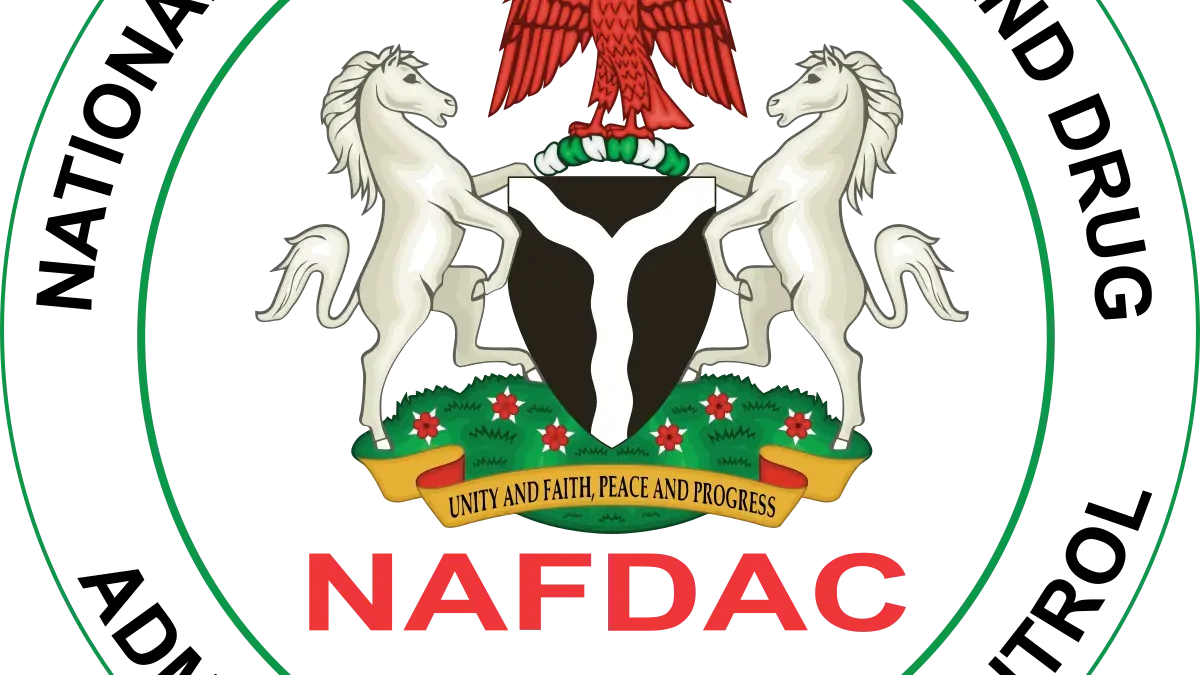Nigeria has taken a significant step forward in its fight against malaria with the arrival of 846,000 doses of the RTS,S/AS01 (Mosquirix) vaccine. This groundbreaking vaccine has been proven effective in reducing malaria cases and mortality among young children in large clinical trials across Africa.
Aiming to Reduce Malaria-Related Deaths
Prof. Muhammad Pate, Coordinating Minister of Health and Social Welfare, emphasized that the vaccine will play a pivotal role in lowering malaria-related deaths, particularly in rural areas with limited access to healthcare.
Initial Rollout Targets High-Burden States
The vaccine will initially be rolled out in Bayelsa and Kebbi states, chosen due to their high malaria burden and logistical challenges.
Global Partners Provide Critical Support
The World Health Organization (WHO), United Nations Children’s Fund (UNICEF), and Gavi are providing technical and financial support to ensure the vaccine’s successful implementation.
Expert Insights
Dr. Muyi Aino, Executive Director of the National Primary Health Care Development Agency, noted that strengthened healthcare systems and enhanced cold chain capabilities will ensure the vaccine reaches remote communities.
Dr. Walter Mulombo, WHO Representative in Nigeria, expressed optimism about the vaccine’s potential to save lives. “We are confident that this vaccine, in combination with other preventive measures, will drastically reduce the burden of malaria in Nigeria.”
Next Steps
The vaccine rollout is part of Nigeria’s National Malaria Strategic Plan (NMSP) 2021-2025, aiming to reduce malaria-related deaths and move towards malaria elimination.
Source: Vanguard News





